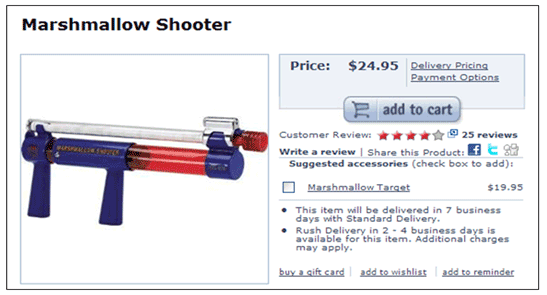Some online retailers understand that their brands are being promoted on coupon sites and how that negatively impacts consumers searching on their brands. Others are aware of the associated problems with this practice but don’t know what to do about it.
Consumers searching on “[catalog name] coupons” and “[catalog name] coupon codes” are getting confused and may be going elsewhere or giving up. I did, and so did half a dozen of my family and friends that I asked to search on their favorite catalogs plus “coupons” and “coupon codes” as search terms.
Here’s what I learned that can help you deal with coupon codes, sites, affiliates and other types of sites that may be hurting your paid search program and costing you precious margin dollars, and maybe even using unauthorized or expired coupon information.
Right now, while you’re reading this, put on your consumer hat and go to Google or any other search engine and type in your catalog’s name + coupon (i.e. “ABC coupon”) and look at the results. Click on several of the results and see what happens.
If you pretend to be an average consumer, would you be confused by what happens? In my small and un-scientific experiment, we found:
- One coupon site required consumers to sign up at another site before they could get access to the coupons.
- One coupon site was so confusing and poorly designed that you simply could not figure out what to do.
And this:

Every single coupon’s link on this coupon web site took the consumer to this page:

Is this how you want your brand and catalog being promoted?
Part of a great online consumer experience is controlling what happens on other sites that you are somehow connected with – typically through affiliates, which are coupon sites, and other sites than earn commissions from your company on product sales. If you’re not in total control, weird things that make brand stewards shudder can happen, and potential buyers will become frustrated and sometimes click to your competitors’ sites.
Many catalogers have affiliate programs, some of which are automated so that any site operator can sign up and start promoting the sale of their products, without any oversight by the cataloger. This can and does lead to a wide range of problems that can cost you customers.
To begin to figure this potential problem out, you need to get answers to these questions:
- Do you have an existing affiliate program? If so, who manages it? What are the terms and conditions that affiliates need to follow? How are these rules policed and enforced?
- Do you have relationships with coupon sites? If so, what are they? How do they work and how much do you pay when sales are made?
- How do you track sales coming from these entities?
- What percentage of sales, revenues and profits comes from affiliates and coupon sites?
- Are they allowed to bid on your brand name(s) when using paid search?
You may find that you’ve inherited an affiliate program from years ago that has not been kept up and that affiliates account for a miniscule portion of your sales. Or you may find that you have a robust affiliate program that produces meaningful numbers. Or maybe you have 10,000 affiliates and only a handful produce any sales at all.
Once you know the answers to these questions, the first decision is whether you should continue with the affiliate program. You’ve got to weigh how much business the affiliate is producing vs. the cost of managing the program and potential loss of consumers that are confused by the experiences we had.
If you are allowing affiliates to bid on your brand name, you’ve got to figure out if that’s a valid practice, because they could just be cannibalizing margin. We’ve recommended to several of our paid search clients that they disband certain programs, and they have done so without any real loss in sales and revenues. We’ve developed an “Affiliate Rules of Engagement” program to help clients regain control.
Affiliate programs, coupon sites, coupon codes and other promotional tactics have a place, but your task is to determine if they make sense for your business. Like any other marketing tactic you use, you’ve got to have controls and process to ensure you’re getting the best possible results, not losing customers and not tarnishing your brands.
Irv Brechner is executive vice president of direct response marketing agency Acquirgy.